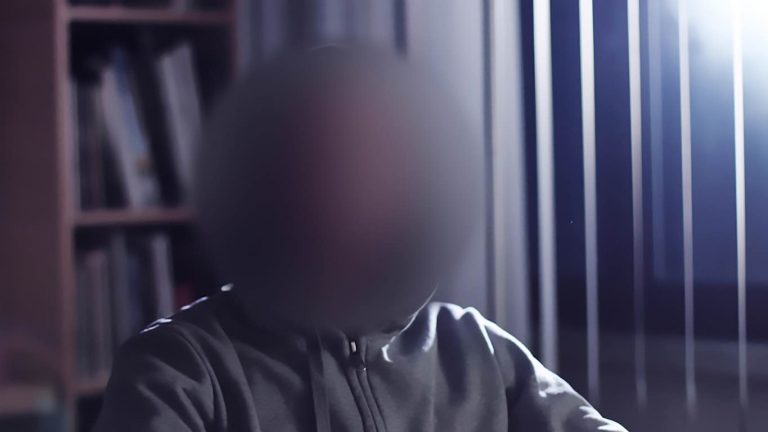Witness Confidentiality in OSHA Investigations
Yes – OSHA is required to protect the confidentiality of a witness in a whistleblower investigation to the fullest extent possible under the law. In fact, where witnesses wish to remain confidential in an OSHA investigation, the investigator is required at the start of the interview to say, “Your interview will be protected to the fullest extent of the law.” See US DOL Memo, Clarification of the Express Promise of Confidentiality Prior to Confidential Witness Interviews.
OSHA investigators are required to keep witness identity confidential when witnesses request such confidentiality. Witness identity in an OSHA whistleblower investigation falls under a Freedom of Information Act exception, and witness identity is protected from disclosure when witnesses request confidentiality. See 5 U.S.C. § 522(b)(7)(D). Records compiled for law enforcement purposes are not subject to Freedom of Information Act disclosure where disclosure could “reasonably be expected to disclose the identity of a confidential source.” Id. Protecting witness confidentiality encourages witnesses to speak out without fearing retribution for doing so.
OSHA investigators are required to ask witnesses if they wish to remain confidential, and if so, investigators are required to take all steps possible to maintain confidentiality. Where a witness wishes to remain confidential, the witness will be able to do so throughout the OSHA interview process, but the witness’s identity may be disclosed if s/he were to testify in an agency or court proceeding. See OSHA Whistleblower Investigations Manual, Chapter 3, Section VI., Paragraph H, 4. OSHA may disclose witness identity to another federal agency as long as that agency promises to keep the identity confidential. Id. Non-manager statements under this exception must be marked as confidential to avoid disclosure of the statement and the witness’s identity. Id.
The express promise of confidentiality required under OSHA guidelines is important not only for the witness’s piece of mind when giving a statement but also for future FOIA requests. Where the witness has requested confidentiality and the investigator does not begin an interview with the express promise of confidentiality, this results in confusion when the agency processes FOIA requests. US DOL Memo, Clarification of the Express Promise of Confidentiality. When an investigator begins an interview with the promise of confidentiality, this helps to ensure that the contents of an interview and a witness’s identity not be inadvertently disclosed.
When a plaintiff wishes to compel disclosure of a witness’s identity who has requested confidentiality under the FOIA exception, the Department bears the burden of proving that the exemption covers the statement in question and shields the statement from disclosure. See Dep’t of Justice v. Landano, 508 U.S. 165, 171 (1993). A witness/source is considered confidential and covered by the exception if that witness spoke with an investigator with the understanding that their statement and identity would remain confidential under the exception. Butler v. US DOL, 316 F. Supp. 3d 330, 337 (D.C. Cir. 2018) (citing Landano, 508 U.S. at 174). An understanding of confidentiality can either be expressly assured or reasonably inferred. Id.
A plaintiff may not compel disclosure of a witness statement with redaction of that witness’s name where the statement itself, even without the name could still “reasonably be expected to disclose” the source’s identity. Id. (citing 5 U.S.C. § 552(b)(7)(D)). Courts have held that identifying information that could narrow the group of individuals who could have made the statement, including the witness’s handwriting where an employer may be able to match handwriting to an employee’s identity, should preclude disclosure under this exception. See id. (collecting cases).
Where a witness is assured that their identity will remain confidential, that witness will feel more empowered to speak the truth freely and openly. Disclosing witness statements and identities when those witnesses believe they will remain confidential could discourage future witnesses from speaking up. Id. at n. 5 (citing L & C Marine Transport, Ltd. v. United States, 740 F.2d 919, 924 (11th Cir. 1984)). Where employers all too often retaliate against employees for engaging in protected activity, the promise of confidentiality is essential to the success of OSHA whistleblower investigations. However, there is no ironclad guarnatee of confidentiality.
Whistleblower Protections for Witnesses in OSHA Investigations
The whistleblower protection laws that OSHA enforces protect witnesses against retaliation. For example, the Sarbanes-Oxley whistleblower protection law expressly protects an individual assisting in an investigation conducted by a Federal regulatory or law enforcement agency (including OSHA) regarding any conduct which the employee reasonably believes constitutes a violation of:
- federal criminal prohibitions against securities fraud, bank fraud mail fraud, or wire fraud;
- any rule or regulation of the Securities and Exchange Commission; or
- any provision of federal law relating to fraud against shareholders
SOX also protects a witness assisting in a proceeding filed or about to be filed relating to an alleged violation of these anti-fraud laws.
Whistleblower Retaliation Lawyers






Leading whistleblower firm Zuckerman Law represents whistleblowers nationwide. If you are seeking representation in a whistleblower retaliation or whistleblower protection case, click here, or call our whistleblower retaliation lawyers at 202-262-8959 to schedule a confidential consultation. In 2019, the National Law Review awarded Jason Zuckerman its “Go-To Thought Leadership Award” for his analysis of developments in whistleblower law. We represent whistleblowers nationwide.
Click here to read reviews of our whistleblower retaliation lawyers from clients that we have represented in whistleblower rewards and whistleblower retaliation matters.



